26 February 2025
The world of soccer has changed dramatically over the years. Gone are the days when players relied solely on natural talent and old-school drills to stay competitive. Today, soccer is a game of inches, where every little advantage counts. And guess what? One of the biggest game-changers is sports science. Yeah, you heard that right. The fusion of science and soccer is transforming how athletes train, recover, and perform both on and off the pitch.
But what exactly is sports science? How is it helping soccer players reach new heights? And why should we care? Buckle up, because we’re diving deep into how sports science is revolutionizing soccer training and recovery.

The Rise of Sports Science in Soccer
Let’s rewind for a moment. Not too long ago, soccer training was pretty straightforward. Players would run laps, do some drills, maybe kick a ball around, and call it a day. Sure, you'd get fitter and improve your skills, but there was no real finesse to it. It was more "one-size-fits-all."Fast forward to today, and we’re living in a world where data, technology, and biology are fine-tuning every aspect of an athlete’s performance. Sports science takes a holistic approach, combining fields like biomechanics, nutrition, physiology, and psychology to optimize how athletes train and recover. In simpler terms, it’s like giving players a cheat code for their bodies.
The Intersection of Data and Performance
One of the cornerstones of sports science is data. Yeah, data might sound boring, but it's essentially the secret sauce behind modern soccer training. Teams and coaches now use advanced metrics to track everything from heart rates and muscle fatigue to sprint speed and GPS positioning. These data points provide insights that can’t just be observed by the naked eye.For example, by monitoring a player’s heart rate during a match, sports scientists can determine their endurance levels and tweak their training accordingly. Too much? Dial it back. Not enough? Push harder. It’s all about striking the perfect balance to ensure players are performing at their peak without burning out.
GPS Trackers and Wearable Tech
Look around the field next time you watch a pro game, and you might spot players wearing small vests or devices. These aren’t just fashion statements—they’re wearable tech packed with GPS trackers, accelerometers, and heart rate monitors. These gadgets give coaches real-time data on player movements, distances covered, speed bursts, and even how long they spend in high-intensity zones.These tools are game-changers. Coaches and fitness experts can now tailor training sessions to each player’s specific needs. Maybe one player needs more sprint work, while another needs to focus on endurance. The days of generic training sessions are long gone. It’s all about precision now.

Revolutionizing Recovery
Training is only half the battle. The other half? Recovery. And believe me, how players recover is just as important—if not more so—than how they train. Without proper recovery, all that hard work can go to waste. That’s where sports science really shines.The Role of Recovery in Modern Soccer
Recovery isn’t just about resting up on the couch or soaking in an ice bath (although, those things help too). It’s about understanding the body’s biology and how to speed up the healing process without cutting corners. The faster and more effectively a player recovers, the sooner they can get back to performing at their best.Cryotherapy and Cold Water Immersion
Speaking of ice baths, have you heard of cryotherapy? It's like an ice bath on steroids. Cryotherapy involves exposing the body to extreme cold temperatures for short periods. The idea is that the cold constricts blood vessels and reduces inflammation, which can help muscles recover faster after strenuous exercise. Plus, athletes swear by its ability to reduce soreness and fatigue.Similarly, cold water immersion (think ice baths, but in a more controlled environment) is also widely used in soccer. It helps flush out waste products like lactic acid, which builds up during intense activity and causes muscle soreness. By reducing inflammation and speeding up the removal of these by-products, players bounce back faster and are ready to hit the ground running.
Foam Rolling and Stretching
Let’s not forget the basics, either. Foam rolling and stretching remain key components of recovery, but sports science has taken these simple techniques to the next level. With a better understanding of muscle fascia and connective tissue, sports scientists have refined these methods to target specific areas of the body more effectively.Using foam rollers, massage guns, and resistance bands, players can work out knots and improve flexibility. This not only aids in recovery but also helps prevent injuries in the long run. After all, prevention is better than cure, right?
Nutrition: Fueling the Body
You wouldn’t put regular gas in a Ferrari, right? The same goes for soccer players. To perform at their best, they need the right fuel. And sports science has cracked the code on what athletes should be eating to optimize performance and recovery.Personalized Nutrition Plans
Gone are the days of carb-loading before a big game and calling it a day. Now, players are on personalized nutrition plans that factor in their body composition, energy expenditure, and even genetic makeup. These plans dictate not just what they should eat, but when they should eat it.For instance, immediately after a match or training session, players need a combination of protein and carbohydrates to kickstart muscle repair and replenish glycogen stores. Sports scientists can now calculate the exact ratios needed based on an individual’s workload.
Even hydration is finely tuned. With sweat tests and electrolyte monitoring, sports scientists ensure that players are hydrating optimally, balancing water and electrolyte intake to prevent cramping and fatigue.

Injury Prevention and Rehab
Injuries are a part of the game—there’s no getting around it. But sports science is making great strides in minimizing their occurrence and speeding up recovery times when they do happen.Predictive Injury Models
One of the coolest advancements in sports science is the use of predictive injury models. By analyzing player data over time—like how they move, how often they sprint, and how much strain they put on specific muscle groups—sports scientists can spot red flags before an injury even happens.For example, if a player is overusing one leg or consistently putting more strain on a particular muscle, that might indicate an increased risk of injury. Armed with this knowledge, coaches can adjust a player’s training load or recommend corrective exercises to avoid injury in the first place.
Rehabilitation Techniques
When injuries do happen, sports science steps in to help players recover faster and more effectively. Techniques like hydrotherapy, electrical stimulation, and anti-gravity treadmills allow players to rehab without putting undue stress on their bodies. These methods help athletes maintain fitness levels while recovering, so they can return to the pitch faster and stronger.Mental Recovery and Psychology
It’s not all about the body, though. Mental recovery is another area where sports science is making a big impact. Soccer players face enormous pressure—whether it’s from the expectations of fans, the demands of the game, or the mental toll of injury.Sports psychologists work with players to improve focus, manage stress, and even enhance decision-making during games. Techniques like mindfulness, visualization, and cognitive behavioral therapy (CBT) are now part of the standard toolkit for many professional soccer teams. After all, a player’s mind is just as much a part of the game as their feet.
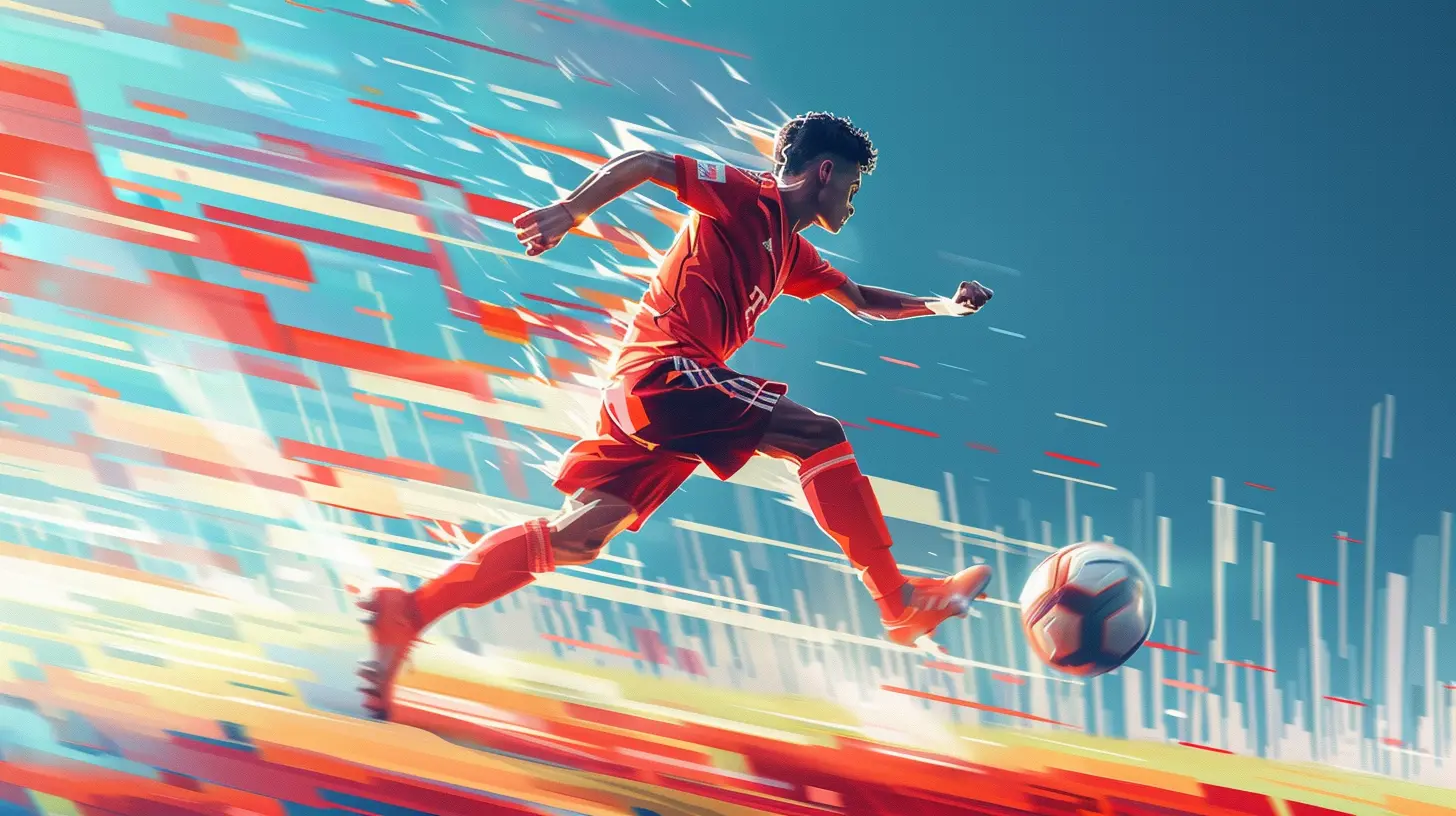
The Future of Sports Science in Soccer
So, what’s next? If sports science has already revolutionized so much of the game, where do we go from here? The truth is, we’re just scratching the surface. As technology continues to evolve, so too will the tools available to players and coaches.We’re already seeing advancements in AI and machine learning being applied to soccer training. Imagine a world where a player’s performance can be predicted and optimized in real-time using AI algorithms. Or where virtual reality (VR) is used for mental training, allowing players to practice game scenarios without actually being on the field.
The possibilities are endless, and one thing’s for sure: sports science isn’t going anywhere. In fact, it’s only going to become more ingrained in the beautiful game.
Conclusion
Soccer may still be a simple game at heart—11 players, one ball, two goals—but the way players prepare and recover is anything but simple. Thanks to sports science, players are training smarter, recovering faster, and performing better. From GPS trackers and personalized diets to cryotherapy and mental conditioning, every element of a player's routine is now shaped by cutting-edge science.And whether you're a weekend warrior or a future pro, the lessons from sports science can benefit everyone. So, the next time you hit the pitch or head to the gym, think about how you can train and recover like the pros. After all, when science meets soccer, the results speak for themselves.

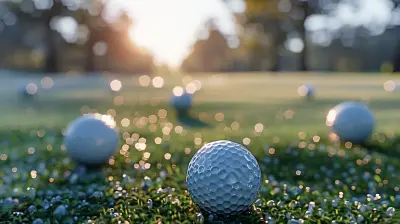


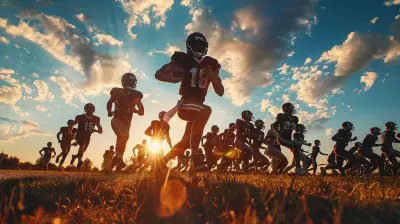
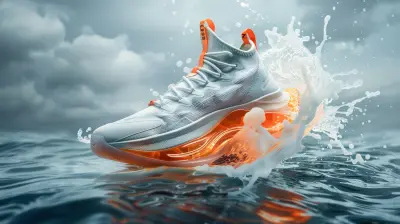


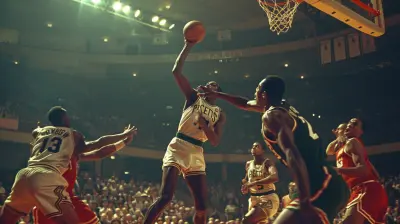
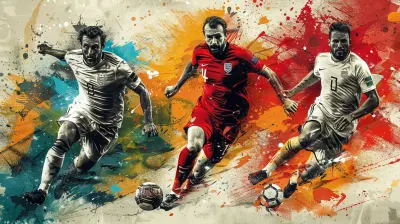
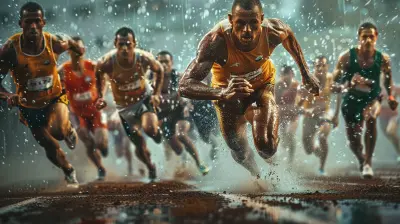
Etta Brown
This article highlights the transformative impact of sports science on soccer, enhancing training methodologies and recovery processes. By integrating data analytics, biomechanics, and nutrition, teams can optimize player performance and longevity, ultimately raising the standard of the game. Exciting developments ahead!
April 5, 2025 at 2:37 AM